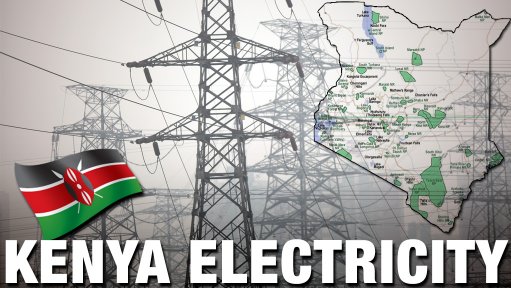
Standard Bank and the Industrial and Commercial Bank of China (ICBC) on Wednesday concluded a $108-million debt-financing package with power producer Triumph Kenya for the construction of an 83 MW heavy fuel oil plant.
Standard Bank group company CfC Stanbic Bank contributed $28-million of the funding, while the ICBC supplied the remaining $80-million for the plant that was currently being built 25 km from Nairobi.
The ability of CfC Stanbic to leverage its on-the-ground presence and knowledge of the Kenyan financial market underscored ICBC’s decision to partner with an African banking institution in this transaction, Standard Bank explained, adding that the deal also demonstrated the effectiveness of the relationship between ICBC and CfC Stanbic Bank’s parent, Standard Bank, in which the Chinese lender had a 20% stake.
Triumph had signed a 20-year power purchase agreement (PPA) with Kenya Power, positioning the heavy fuel oil plant as a crucial supplier to the utility during times of drought, when the country’s hydroelectric generating capacity would be constrained.
Kenya has historically relied on hydropower for most of its electricity needs and has a current installed generating capacity of 1 672 MW, compared with peak power demand of 1 330 MW. The nation’s economy had expanded at an average rate of 4% to 5% over the last three years.
Meanwhile, the World Bank’s Investment Guarantee Agency (Miga) would provide $102.5-million in breach of contract insurance should Kenya Power fail to honour the 20-year PPA with Triumph.
Miga’s insurance would also cover the Kenyan government’s obligations under the Government of Kenya Letter of Support.
“The highlight of this transaction is that it marks the first time that a Chinese commercial bank has used Miga cover for a nonrecourse transaction,” CfC Stanbic Bank East Africa head of debt solutions & infrastructure finance Kwame Parker said, adding that it was also likely the first time that a Chinese financial institution was directly lending to a project company for a transaction in sub-Saharan Africa that was not related to resource extraction, and that had no explicit sovereign guarantee.